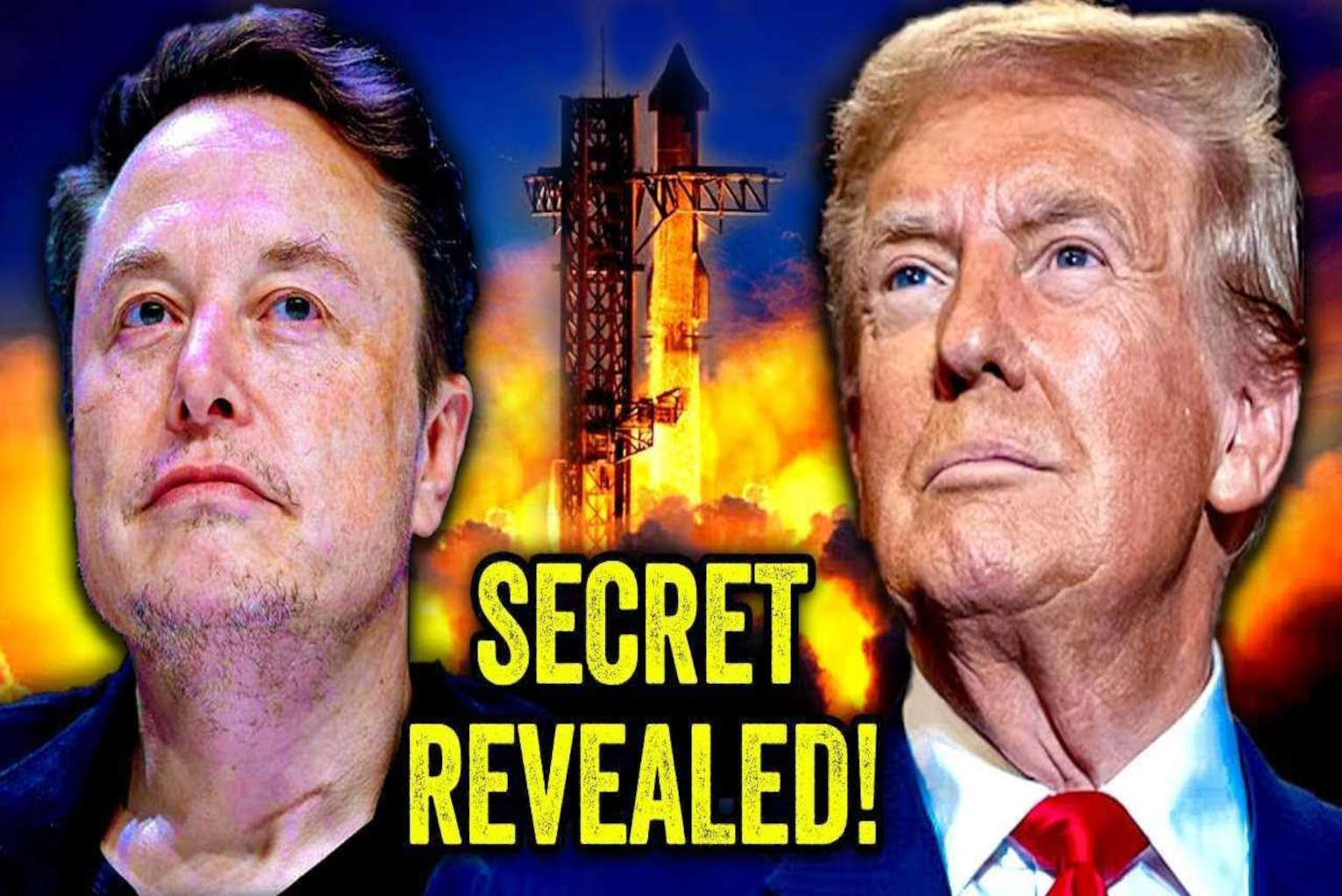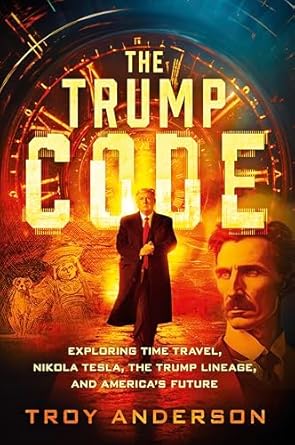In an era often described as post-religious, Dr. Steve Turley’s recent commentary on SpaceX’s Starship Flight 6 offers a compelling counter-narrative.
Beneath the sleek façade of technology and innovation, Turley argues, lies a “profoundly mystical vision” driving Elon Musk’s interplanetary aspirations—a vision deeply rooted in historical and spiritual traditions.
Turley begins by placing Musk’s SpaceX endeavors within the context of mythic times. Drawing from Oswald Spengler’s observations on civilizations under threat, he notes how such eras often elevate heroic figures to carry their hopes and ideals.
“We are living in the midst of what German scholar Oswald Spengler called mythic times,” Turley says, asserting that Musk and his contemporaries, including President-elect Donald Trump, have assumed the roles of modern-day “heroic avengers” fighting to preserve civilization.
Breaking News. Spirit-Filled Stories. Subscribe to Charisma on YouTube now!
Central to Turley’s argument is the legacy of Wernher von Braun, the German rocket scientist who became a pivotal figure in America’s space program. Von Braun, Turley explains, saw space exploration not merely as a scientific endeavor but as a moral mission.
“We knew that we had created a new means of warfare,” von Braun is quoted as saying, “and the question is to what victorious nation we were willing to entrust this brainchild of ours.” For von Braun, surrendering such power to a nation guided by biblical principles was essential to ensuring global peace.
But Turley delves deeper, tracing this spiritual thread to Nikolai Fyodorov, a 19th-century Russian Orthodox visionary. Fyodorov’s “cosmic theology” reimagined science and technology as extensions of Christ’s Resurrection, tools for renewing creation on a cosmic scale. Turley vividly describes Fyodorov’s belief that space exploration could “literally propel that redemptive vision into the vast expanse of the cosmos, transforming humanity into a multiplanetary species and awakening the praise of God’s glory over the whole of creation.”
This spiritual lineage, Turley argues, profoundly influenced von Braun and other early pioneers of rocket technology, such as Konstantin Tsiolkovsky. Tsiolkovsky, another admirer of Fyodorov, famously declared, “Earth is the cradle of the mind, but one cannot live in the cradle forever.” Musk’s recent reposting of this quote underscores how such visionary theology continues to resonate, even in the ostensibly secular world of modern space exploration.
Order Troy Anderson’s book “The Trump Code” on Amazon.com!
The narrative takes an almost prophetic turn when Turley highlights von Braun’s 1953 novel, “The Mars Project.” In it, von Braun envisioned a Mars colony led by a representative democracy under a presidential figure named “Elon.” For Turley, this coincidence is not merely serendipitous but emblematic of a grand design.
“Von Braun,” he says, “was deeply influenced by Fyodorov’s cosmic theology,” suggesting that Musk’s rise fulfills a vision decades in the making.
Turley ties these spiritual dimensions to the broader MAGA movement, which he sees as another embodiment of a mythic age. “We are truly experiencing an utterly epical and mythical moment,” he declares, linking the aspirations of figures like Musk and Trump to a divine unfolding. For Turley, the launch of Starship Flight 6 is more than a technological milestone; it is a symbolic act that “rockets” humanity closer to its spiritual destiny.
By weaving together theology, history and contemporary events, Turley offers a vision of space exploration that is as much about the heavens above as the heavens beyond. Whether one agrees with his interpretation or not, his insights challenge us to see technology not merely as a tool but as a vessel for humanity’s deepest spiritual yearnings.
Join Charisma Magazine Online to follow everything the Holy Spirit is doing around the world!
James Lasher is staff writer for Charisma Media.













































